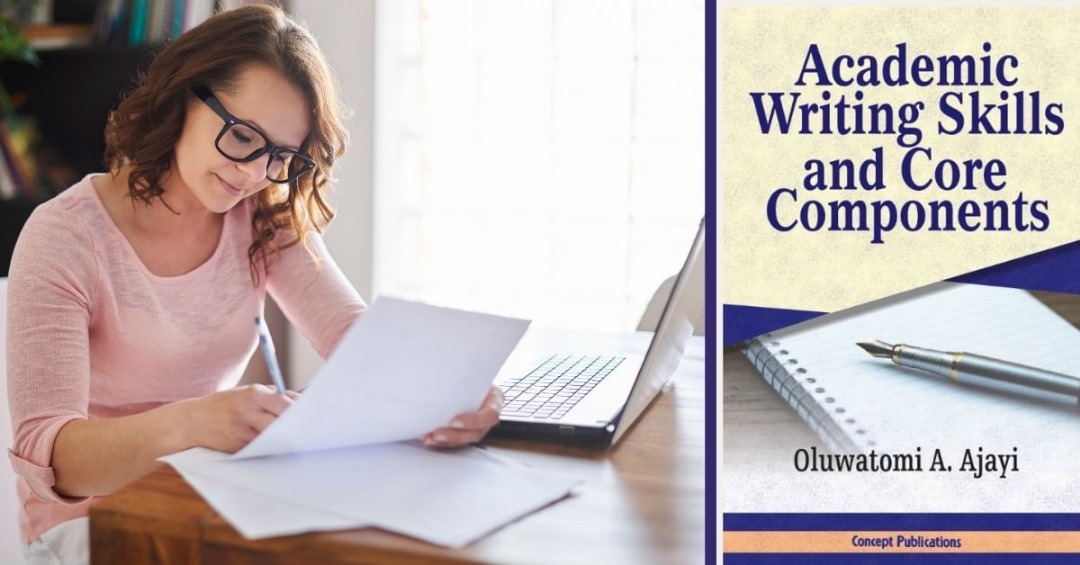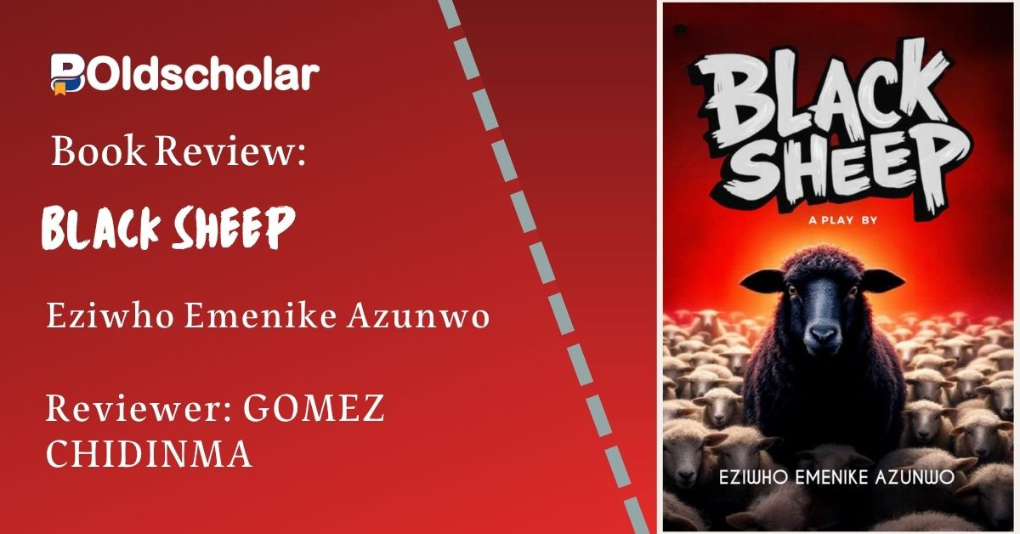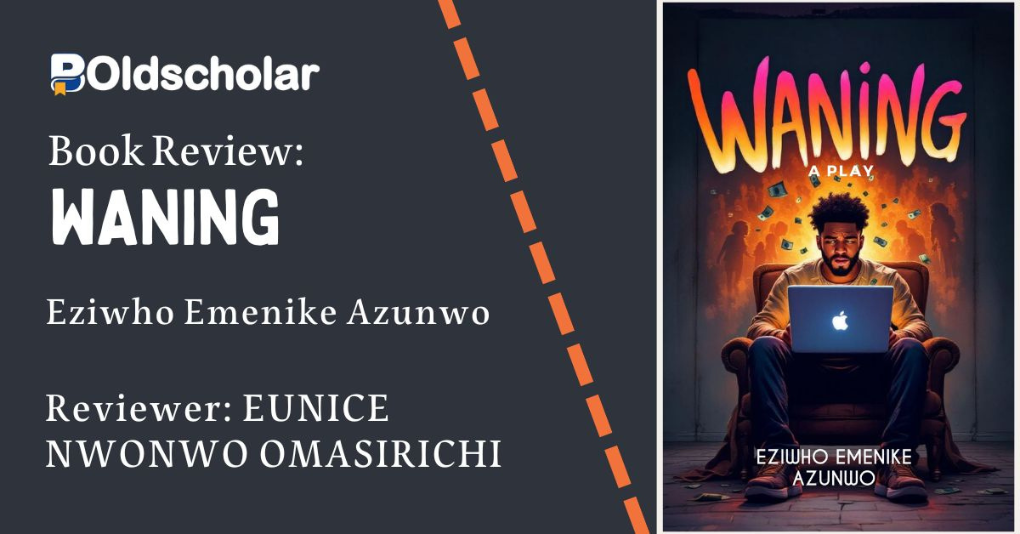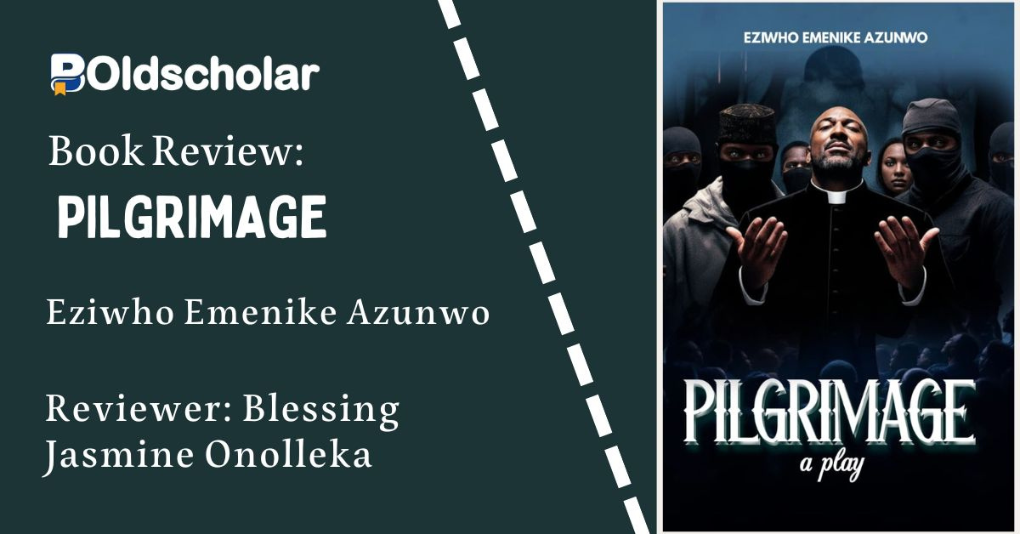- Introduction
Writing is grounded in reading, observation, practice and being open to new ideas. These variables consolidate knowledge. Writing is a tough task as it can be challenging and time consuming. It is either you see yourself struggling with the content or you look at it from the perception of ‘I’m not a writer syndrome’. The hardest part of writing is getting started as a beginner or getting re-started after stopping, but writing isn’t all that boring and frustrating as we think. Now let’s fast forward to textbook writing which is research or academic-driven. Student enrolment in universities continues to increase. So what does this say? Simple! Textbook authors just have to develop content and write books to educate students in academic institutions, professional colleagues or just about to anyone. Textbooks are oftentimes recommended for reading, or could be a quest to update our knowledge in the profession or trade we practice. But before you get into this specialised activity, be mindful that textbooks are secondary sources of information which provides broad overview of issues and theories, therefore the textbook writer has an obligation to write objectively by staying focused on the topic and content.
- Textbook Writing and the Gender Factor
Women encounter implicit bias and stereotypes from people. In the first place, many are of the view that there is a glaring under-representation of women in academic or textbook writing. Others have stereotyped women’s underperformance in academic writing which they claim is more intensive than fiction writing. Up till date, textbook writing is regarded as a historical or culturally male-dominated field. For instance, book publishers have once stated that men score higher in textbook writing while women score more in fiction writing because in fiction writing you can emotionally manipulate your audience. Similarly, some scientists have also revealed that the imaging studies they conducted on men and women are reflected in their genres of writing. They contended that sex not only determines how authors can paint ideas in pictures or language to describe their content, but that that gender goes further to determine one’s attention span or distraction and that is why they are convinced that women are easily distracted with electronic devices and family life or that women cannot persevere when it comes to conducting good research which in essence seems to suggest that that women are likely to engage more in academic misconduct. So, what are the implications of these studies? Should we then conclude that the average IQ scores for men and women are same or different? And if so, are these scores shaped at birth or by t-he environment? Let’s just say, the debate continues.
- How Should Women Navigate Textbook Writing?
Figure out your new audience or keep the audience you already know. Okay, you are a Lawyer or Scientist. So what topic do you want to write about? We recommend that the subject matter should be your area of knowledge and comfort. This should align with your thoughts and concepts which will guide your content core. Becoming a subject matter expert is not easy but the more you write on a topic, the probability is higher that you will become better in that field. Note that the ability comes through training which suggests that experience matter more than innate ability particularly in textbook writing. Kindly note the following points:
- What are women required to bring to this textbook writing activity? Intellectual curiosity and interrogating mind. Being up-to-date and staying informed in their chosen field. Have a background understanding. Know the basics. Know where to gather information. Leverage technology. This is about identifying and harnessing the unique perspectives, skills and approaches to implement this writing activity.
- Do you have a project start date? Do you have a draft for each chapter? Check whether you want to add more materials or cut it down. Textbooks are getting simpler but advanced. Break concepts down into simple language because readers just have to comprehend your content.
- Two writers cannot take the same approach or write the same way. However, the structure of textbooks tends to be the same style as they must follow a proper order outlined chapter by chapter; citation, formal language, title page, etc.
- Book content is rooted in research. You must therefore develop a regular research practice. This takes determination, effort, courage and discipline to stick to your research schedule. Research matters in any writing project. Ignoring that can imperil your textbook project’s viability.
- Adjust your work-life balance initiatives e.g. flexible research scheduling, childcare, home chores, online networking and other stress-related triggers.
- Highlight role models and success stories of other women writers. This is like, you are moving from a state of indifference to reality about female textbook writers. Let’s encourage specific mentorship programs for young female writers. That is why women authors should also share their stories.
- Recognise the hidden threats and the personal threats involved in textbook writing. What hinders the writing process? You want to evolve from a writer to a textbook author? Get ready to fight the battle of procrastination. Avoid the clutter culture. Write minimal and concise. Consider your digital audience especially with the increasing costs of textbooks, what about funding or sponsorship or where are you going to get the money to publish? What about the marketing aspect of the books?
- Conclusion
Building a community across all our research areas is a cohesive task as we continue to seek female role models in the textbook writing field. Fostering a culture that welcomes and support women in writing is essential, so you may need to have a word with other female authors who have been there before you. Female writers should be ready to observe the key principles and rules that define textbook writing. I think it feels good when women writers witness the fruits of their labour when the resources they have invested in knowledge generate meaningful and visible benefits.
*Lots of these and more are available in Oluwatomi A. Ajayi’s 3rd Book titled, ‘Academic Writing Skills and Core Components’ (Concept Publications Limited, 2023)
Share this post





Be the first to comment on this post